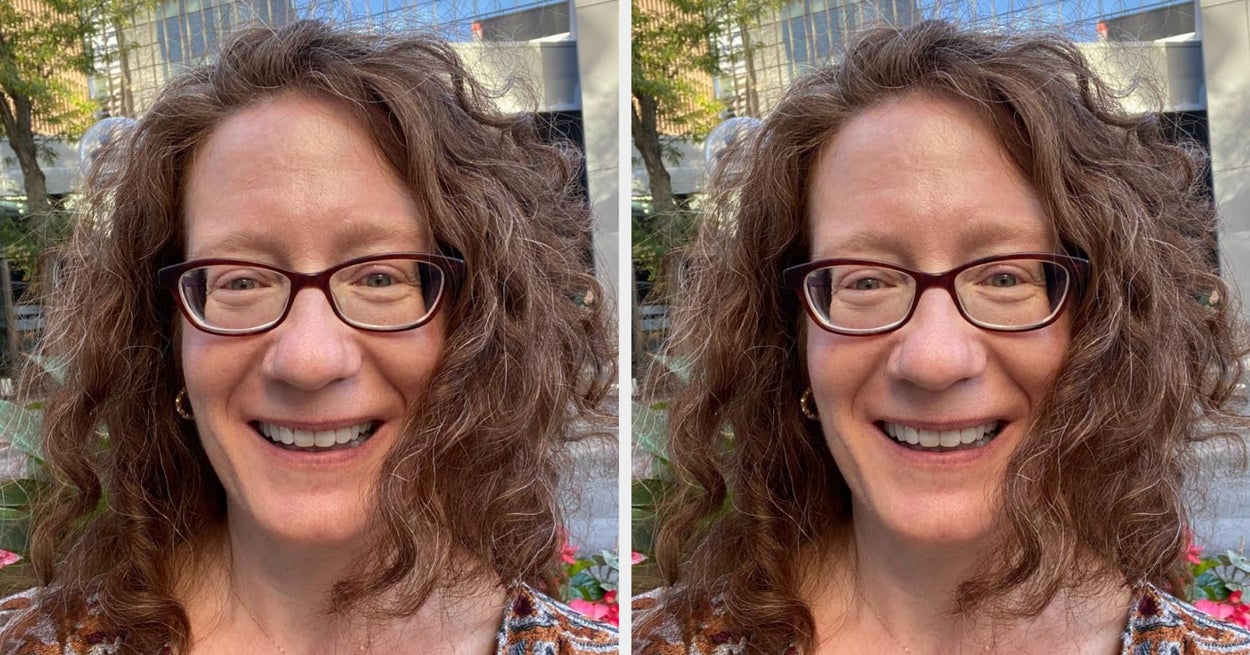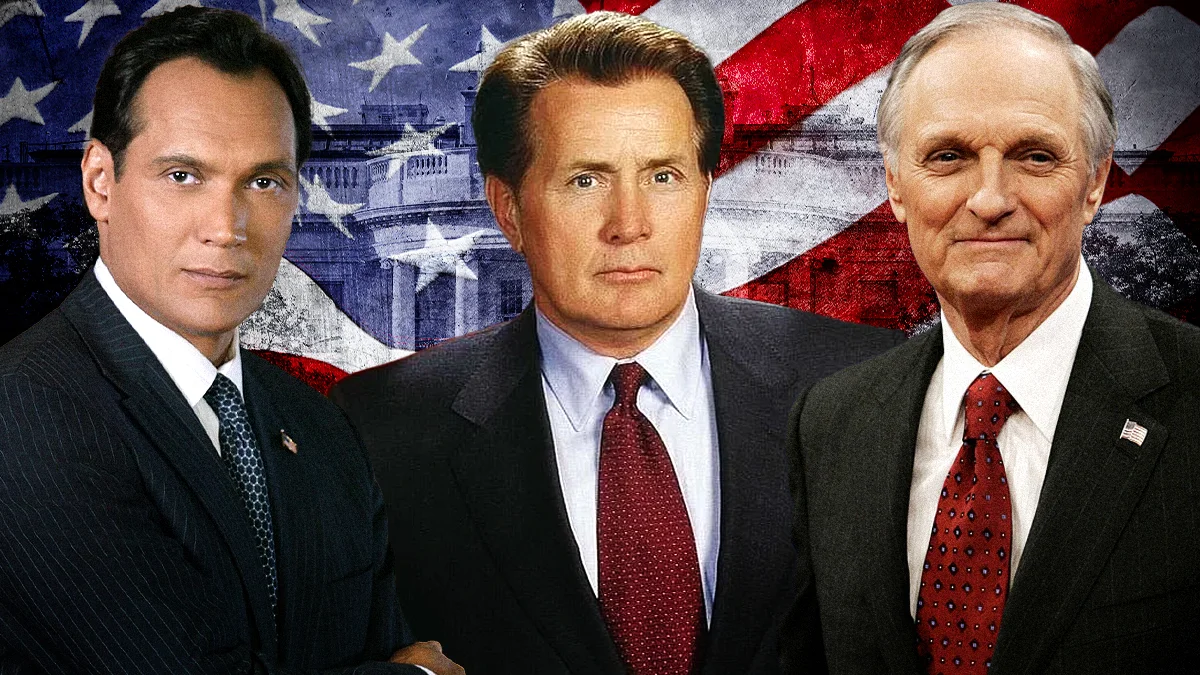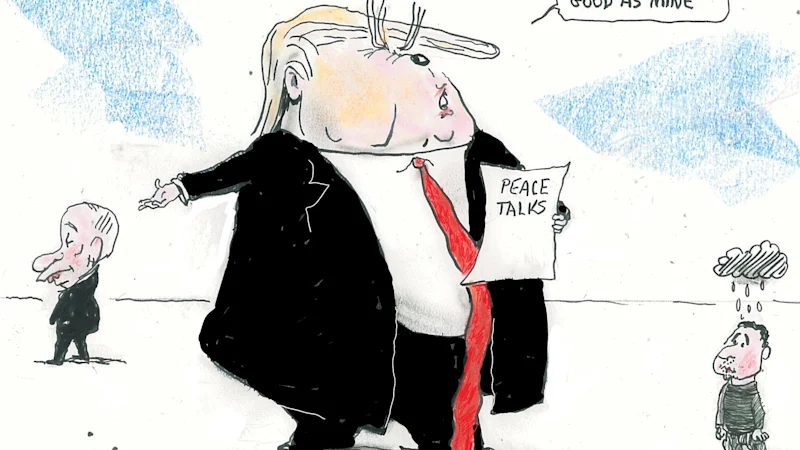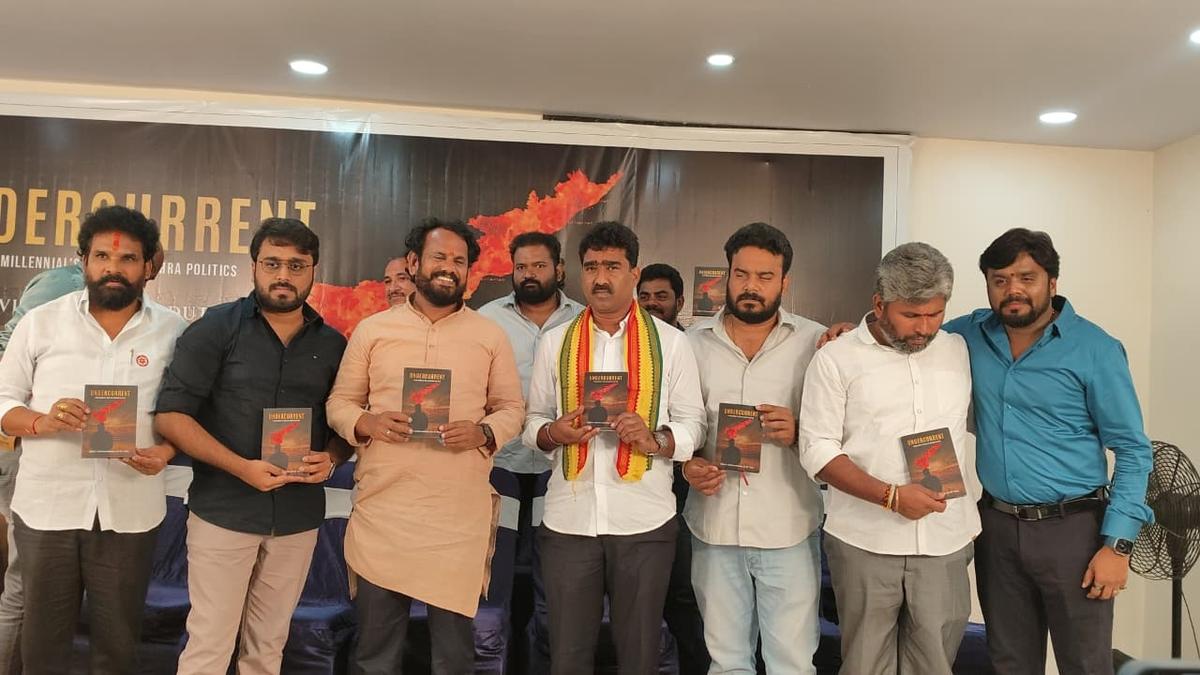
When my husband Tom had a massive stroke and died, I expected to feel devastated. I expected to feel a roller coaster of emotions — joy for the 12 years we had together, despair over never seeing him again, full-body laughter remembering how he took up knife sharpening as a hobby after his stroke, seemingly unending tears over my imperfections as a caregiver. I expected some friends to drift away while others would surprise me with their unwavering presence, showing up with lasagnas and placing late-night phone calls when I needed them most. I was warned quickly about the maddening paperwork.
But nobody mentioned the fire I would feel in my loins less than two months later.
I remember exactly when it happened. I’d spent most of the day curled up on the couch with my phone, scrolling through photos of Tom and me together and bawling my eyes out. And then, with tears still running down my cheeks, I felt a pulsing, urgent need that seemed wildly inappropriate given the circumstances. And yet there it was: desire, burning through me with an intensity that left me breathless.
That feeling stayed with me for nearly a year. For a year, I was horny. All. The. Time.
It was as though my body had suddenly remembered it was alive while my heart was still learning how to beat on its own. The contrast was jarring. I’d spend hours sobbing while sorting through his things and then take a break to masturbate.
I didn’t want anyone in particular; I wanted anyone at all. I wanted the raw physical intimacy of sex, the primal sensation of skin on skin, and the feel of someone’s body heat melding with mine as we crawled inside each other.
My first reaction was shame — profound, all-consuming shame. How could my body do this to me? How could I feel sexual desire when the love of my life was gone? I felt like I was betraying him somehow, as if by acknowledging my own sexuality, I was erasing our love, our history. As if my body had forgotten what my heart couldn’t.
I didn’t have a framework for understanding what was happening. Intense horniness was not mentioned in any of the support group meetings I went to.
Luckily, my dog walker connected me with a widow around my age, who told me about the widow groups on Facebook. I joined several and learned that what I was experiencing had a name: widow’s fire. I also discovered it’s normal — completely, utterly normal — and it can affect people of any gender or sexual orientation.
Some people feel it within months, like I did. Others feel it a year later. Others never feel it.
What’s even more shocking than the fact that it’s totally normal for widows to be insanely horny is the silence around it. When I finally worked up the courage to mention it to my grief counselor, her matter-of-fact response stunned me:
“Oh yes, that’s quite common. Many widows experience that.”
Common? Many? Then how come the Facebook widows were the only ones talking about it?
There are biological reasons for this surge. Grief and sexual desire activate similar areas of the brain. Both involve intense emotion and physical sensation. Both represent a form of connection and release. There’s a biological imperative for connection when we’ve lost our primary attachment figure. The body seeks oxytocin, the pleasure chemical, to soothe the pain of loss.
There’s something almost primeval about it in the face of death, the body rebels by emphasizing life. Sex is, after all, life-affirming in the most fundamental way.
Since experiencing this, I’ve learned that widow’s fire ignites indiscriminately across intimate histories — women who had passionate, frequent sex with their partners can find themselves feeling nothing, while those whose relationships had been physically dormant for years suddenly experience an overwhelming awakening of desire that seems to come from nowhere. And it has nothing to do with age. I was 52 when I experienced widow’s fire, but I’ve spoken to widows who were in their 70s when they encountered it.
For some widows, this heightened desire manifests as a specific craving for physical touch not necessarily sexual, but the fundamental human need for skin contact that previously was satisfied daily through casual touches, hugs, or simply sharing a bed. For others, it’s more explicitly sexual — a physiological response to trauma, to stress, to the body’s need for the endorphin release that sexual activity provides.
When you’ve been part of a couple for years or decades, sexuality may have been expressed exclusively through that relationship. Suddenly, that avenue is gone, but the fundamental human need remains.
My Journey Through The Fire
Two months after my husband’s death, I knew I had to do something to quell my craving, but I wasn’t ready to leave my house. Tom and I had always shared a sexually adventurous relationship, exploring various aspects of BDSM together throughout our marriage. I went to a kink website we had browsed and sometimes chatted with others about shared interests. Returning to it felt both comforting and strange, like revisiting a favorite restaurant but dining alone for the first time.
Eventually, I began exchanging messages with a man who lived three states away, someone who understood my need for both connection and distance. Our long-distance BDSM relationship became my first step into this new territory of grief and desire. The structured nature of it — the defined boundaries, the explicit communication, the psychological elements — provided a framework when everything else in my life felt structureless. The physical distance felt safe, allowing me to explore desire without the complication of actual physical intimacy before I was ready.
We talked on the phone and texted for several months. When I flew to meet him, I found him to be arrogant and unappealing in real life, and I ended things. However, my urge for touch continued, so I joined a dating app and began chatting with another man. Our weekend together still makes me smile, three days with someone who was absolutely, categorically wrong for me in every way except one: the chemistry was undeniable. Our politics, temperaments, and what we wanted from life were diametrically opposed, but those 72 hours of passionate connection were profoundly healing. There was no pretense of a future, and no attempt to replace what I had lost. It was simply an affirmation that I was still capable of feeling, of desire, of pleasure — even in the midst of grief.
A few months later, when I felt open to something closer to an actual relationship, I knew my desperate lust might cloud my judgment about potential partners. A friend suggested I find a “friend with benefits” — someone I genuinely liked and respected, but with whom I shared no romantic future. This was unfamiliar territory for me, but again, the kink website delivered. The arrangement was straightforward: companionship, physical connection, and no expectations beyond the present moment. It was exactly what I needed at that stage of my grief: a way to address my physical needs while giving myself the emotional space to navigate dating with greater clarity and presence.
I was selective about who I confided in during this period. My two closest friends knew everything, from my late-night loneliness to the details of my arrangements. They listened without judgment, occasionally checking in to ask if these encounters were helping or hurting my healing process. Two other friends, widows themselves, knew the broad strokes but not the specifics; I sensed they were uncomfortable with the idea of me seeking physical connection so soon after Tom’s death. Nobody else knew anything, but people regularly commented on my glow.
Navigating Without A Map
I didn’t have a roadmap for navigating this aspect of grief. Nobody had warned me, so I had to find my own way through research, through tentative conversations with other widows, through honest discussions with my therapist, and eventually, through my own experiences.
What I learned was that there’s no right way to handle widow’s fire. Some choose to channel that energy into physical activity or creative pursuits. Others explore self-pleasure as a way of reconnecting with their bodies. Some eventually pursue new relationships when they’re ready.
For all of us, though, it’s important to remember that grief isn’t linear. It can coexist with other feelings, even seemingly contradictory ones like desire. The heart is complex enough to hold both reverence for what’s lost and acknowledgment of continuing needs.
Grief and healing aren’t mutually exclusive. This was perhaps the most profound realization in my journey that I could simultaneously miss my husband desperately and acknowledge my body’s continuing needs. But this understanding didn’t come easily.
For the first year after Tom died, I felt like I was cheating on him whenever I experienced desire, even though before his death, he had explicitly told me he wanted me to find love again and understood that would include physical intimacy. Despite his blessing, I felt ashamed, even slutty, for wanting to touch so soon, as if my physical longing dishonored his memory.
The breakthrough came from an unexpected source. My friend with benefits, observing my internal conflict, simply said, “Of course, your body wants sex.” Those six words shifted something fundamental in my understanding. He wasn’t widowed, but somehow he grasped what I couldn’t yet see: my body’s needs weren’t in conflict with my grief, but existed alongside it, neither diminishing nor replacing my loss. My physical desires weren’t betraying my love for Tom; they were affirming that I was still alive, still human, still whole even while broken.
There’s something revolutionary about recognizing that widowhood doesn’t require denying one’s sexuality, that honoring a lost love doesn’t mean living as if you too have died.
Each of my encounters taught me something different about the healing process. The long-distance relationship showed me I could be vulnerable again. My wild weekend reminded me that spontaneity and joy were still possible, and that passion was still available to me. The friend with benefits taught me that physical connection could exist without replacing the emotional bond I had with my husband.



